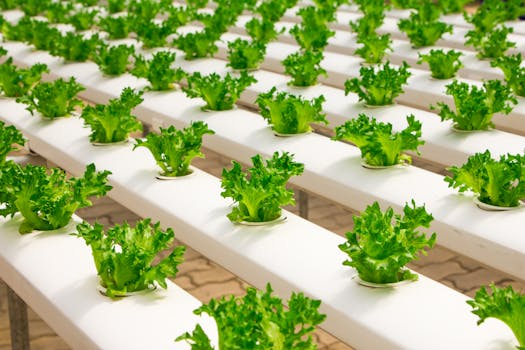Food Waste Management: Innovative Solutions for a Global Problem
Food waste is a global problem that affects not only our economy, but also our environment and society. According to the United Nations, around one third of all food produced in the world goes to waste, which equates to approximately 1.3 billion tonnes of food every year. This is not only a waste of resources, but it also contributes to greenhouse gas emissions and exacerbates world hunger. However, thanks to innovative solutions in food waste management, there is hope for reducing this staggering statistic. In this article, we will explore these solutions and how they are making a difference in tackling the global issue of food waste.
The Need for Food Waste Management
The reality is that despite the fact that there are millions of people around the world who go hungry every day, we are still wasting an astonishing amount of food. Developed countries are the biggest culprits, with consumers and businesses disposing of significant amounts of food due to overproduction, strict expiration dates, and aesthetics. Meanwhile, in developing countries, the problem lies in poor infrastructure for harvesting and storing food, often leading to spoilage and waste.
The environmental impact of food waste is also significant. Wasted food not only means wasting resources such as water, land, and energy, but it also generates greenhouse gas emissions. When food decomposes in landfills, it produces methane, a potent greenhouse gas that contributes to climate change.
The Role of Innovative Solutions
Farm-to-Table Programs
One innovative solution that has gained popularity in recent years is the farm-to-table movement. This involves connecting local farmers with restaurants and consumers, eliminating the middlemen that often contribute to food waste. By shortening the supply chain, food can be harvested at the peak of ripeness and delivered directly to consumers, reducing the chances of spoilage and waste.
Farm-to-table programs not only benefit the environment by reducing food waste, but they also support local farmers and promote sustainable agriculture. Additionally, consumers are able to enjoy fresher and healthier produce.
Food Waste Recycling
Another solution gaining traction is food waste recycling. This involves collecting and processing food waste to turn it into usable products such as compost, animal feed, and even energy. By diverting food waste from landfills, this method reduces the production of methane gas and creates valuable resources for agriculture and energy production.
One example of this is the use of anaerobic digesters, which break down organic waste to produce biogas that can be used to generate electricity or heat. This technology is being implemented in many cities and businesses, and has shown promising results in reducing food waste and greenhouse gas emissions.
Innovative Packaging
The packaging industry is also playing a crucial role in food waste management. By developing innovative packaging solutions, companies are able to extend the shelf life of food and reduce spoilage. For instance, edible coatings made from natural materials or modified atmosphere packaging that removes oxygen and preserves food freshness are just some of the options available.
Additionally, there is a growing trend towards sustainable packaging materials, such as compostable or biodegradable packaging, which reduce the amount of waste that ends up in landfills.
The Impact of Individual Actions
While these innovative solutions offer promising solutions for tackling food waste on a larger scale, it is also important for individuals to take action. By being mindful of our own food consumption habits, we can make a significant impact in reducing food waste. Here are some simple actions that we can all take:
Plan meals and shop accordingly
Avoid overbuying and only purchase what is necessary. This can prevent food from going to waste due to spoilage or expiration.
Store food properly
Proper storage can extend the shelf life of food and prevent spoilage. For example, keeping produce in the refrigerator and storing dry ingredients in airtight containers can make a big difference.
Get creative with leftovers
Instead of letting leftovers go to waste, try repurposing them into new dishes. This not only reduces waste, but it also adds variety to meals.
Compost food waste
If you have the ability to compost, this is a great way to reduce food waste and create nutrient-rich soil for gardening.
Final Thoughts
Food waste is a global problem that requires innovative solutions from all aspects of society. While progress is being made, there is still much work to be done. By supporting these innovative solutions and making small changes in our own lives, we can all play a part in reducing food waste and creating a more sustainable future for our planet.










